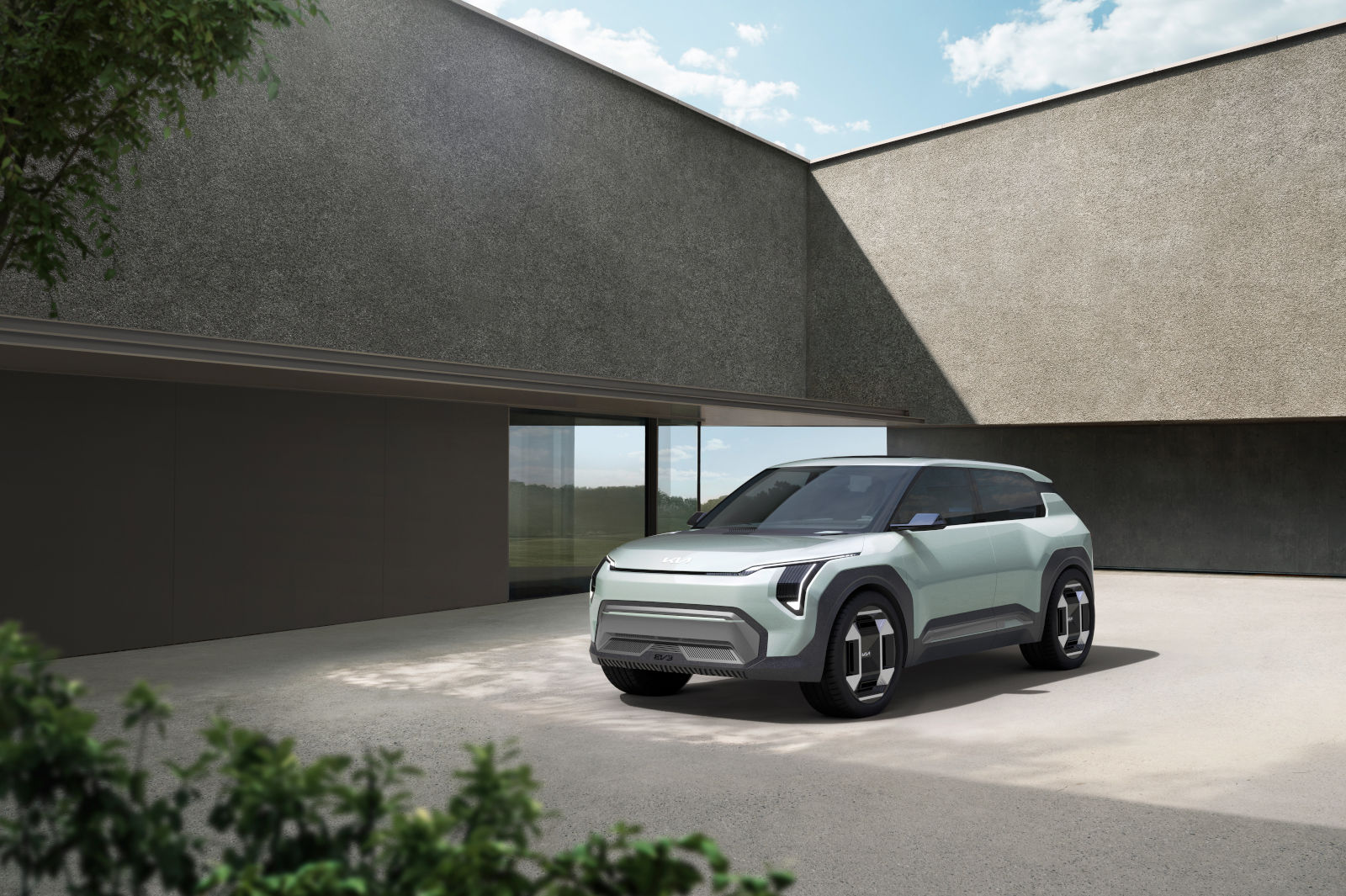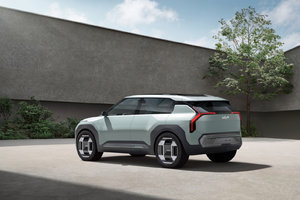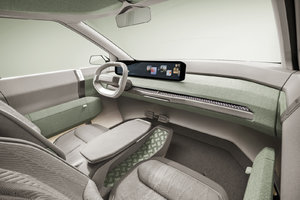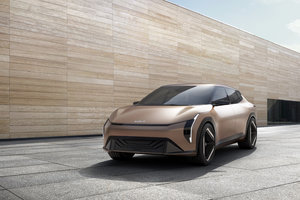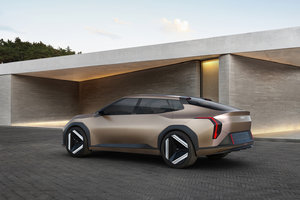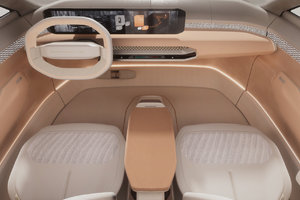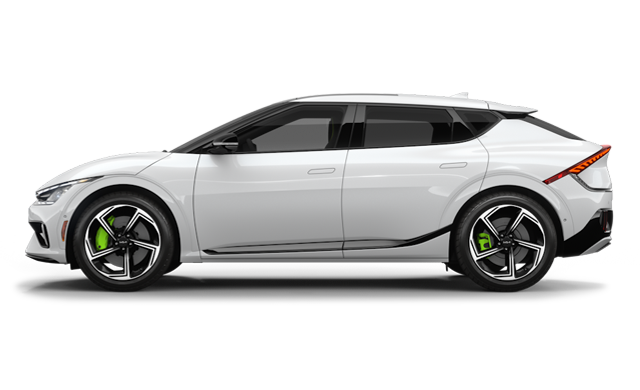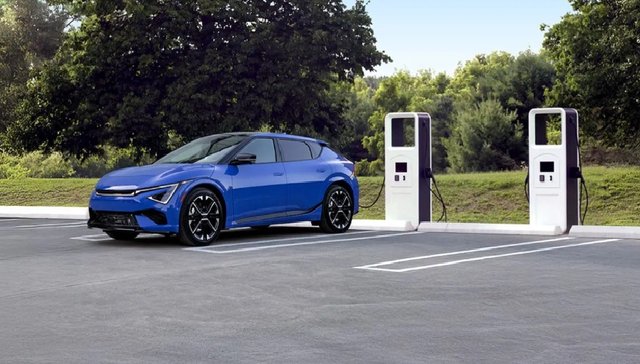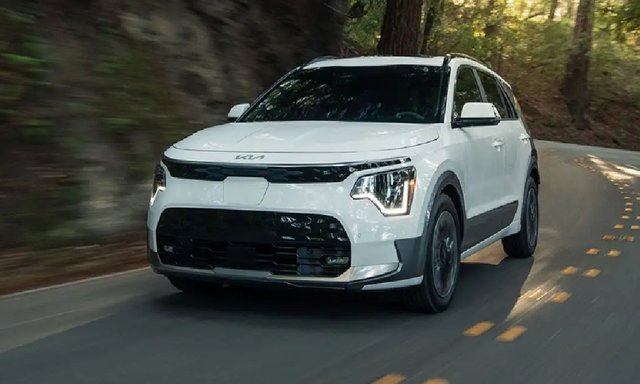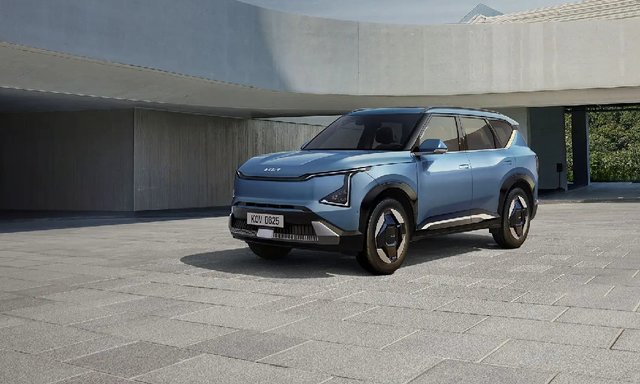On October 12, 2023, Kia introduced its cutting-edge sustainable design methodologies embedded in the EV3 and EV4 concept vehicles, reaffirming its transformation into a sustainable mobility solutions pioneer.
In crafting the interiors of these concept cars, Kia's Color, Materials, Finish (CMF) design team drew inspiration from natural elements. The EV3's interior mirrors the airy ambiance, with emphasis on light and transparency, while the EV4's design pays homage to Earth, encompassing hues and shades derived purely from nature.
In a significant move, the EV3's seats were structured using natural fibers, offering a lighter and slender seat design without compromising strength. This approach also allowed for a blend of contemporary aesthetics in calming earthy shades. Moreover, they employed 3D Knit technology for the seat covers, a technique which stands out visually while ensuring efficiency, minimizing waste, and reducing the need for stitching.
Perhaps the most groundbreaking revelation was the use of Mycelium for the EV3's console table. Extracted from mushroom roots, this sustainable material offers both strength and a plush texture. Marília Biill, Kia's Head of CMF Design, highlighted the company's endeavor towards bio-fabrication, aiming to cultivate their materials in harmony with nature.
The EV4’s interiors are uniquely dyed using madder roots and walnut shells on 100% recycled cotton. Complementing this, handwoven fabric stripes are beautifully integrated into storage spaces and dashboards, giving them a 3D appearance reminiscent of the EV3’s seat covers. The EV4's console table, enriched with a deep color, is designed using hemp fibers, a sustainable and adaptable material.
While Kia’s concepts provide a glimpse into future sustainable solutions, the company has a track record of integrating eco-friendly materials into its vehicles. This started with bioplastic and sugar cane bio fiber utilization in the 2014 Soul EV. By March, with the EV9's debut, Kia had magnified its environmental responsibility by incorporating 10 essential sustainable components in every new Kia vehicle line. This includes bioplastic derived from sources like vegetable oils and corn extracts, and Bio Polyurethane as an alternative to leather.
Incorporating such innovative, sustainable materials signifies Kia's unwavering commitment to reducing its carbon footprint. The automaker has set an ambitious goal: achieving complete carbon neutrality across all operations by 2045.



